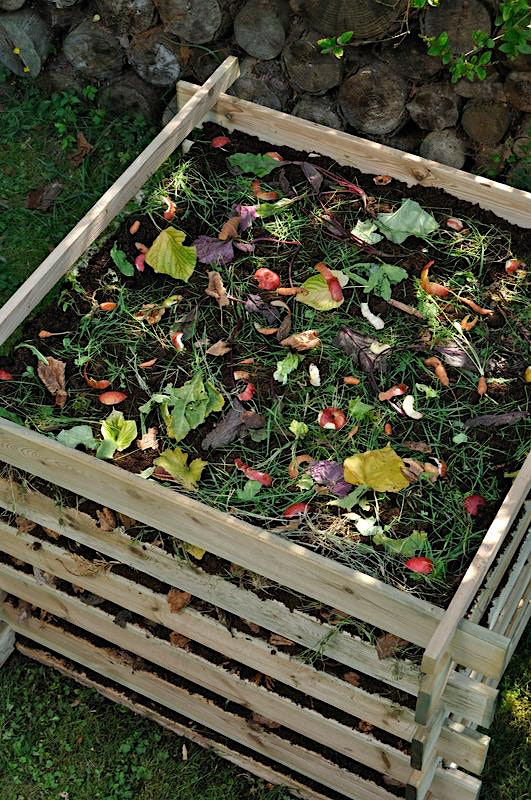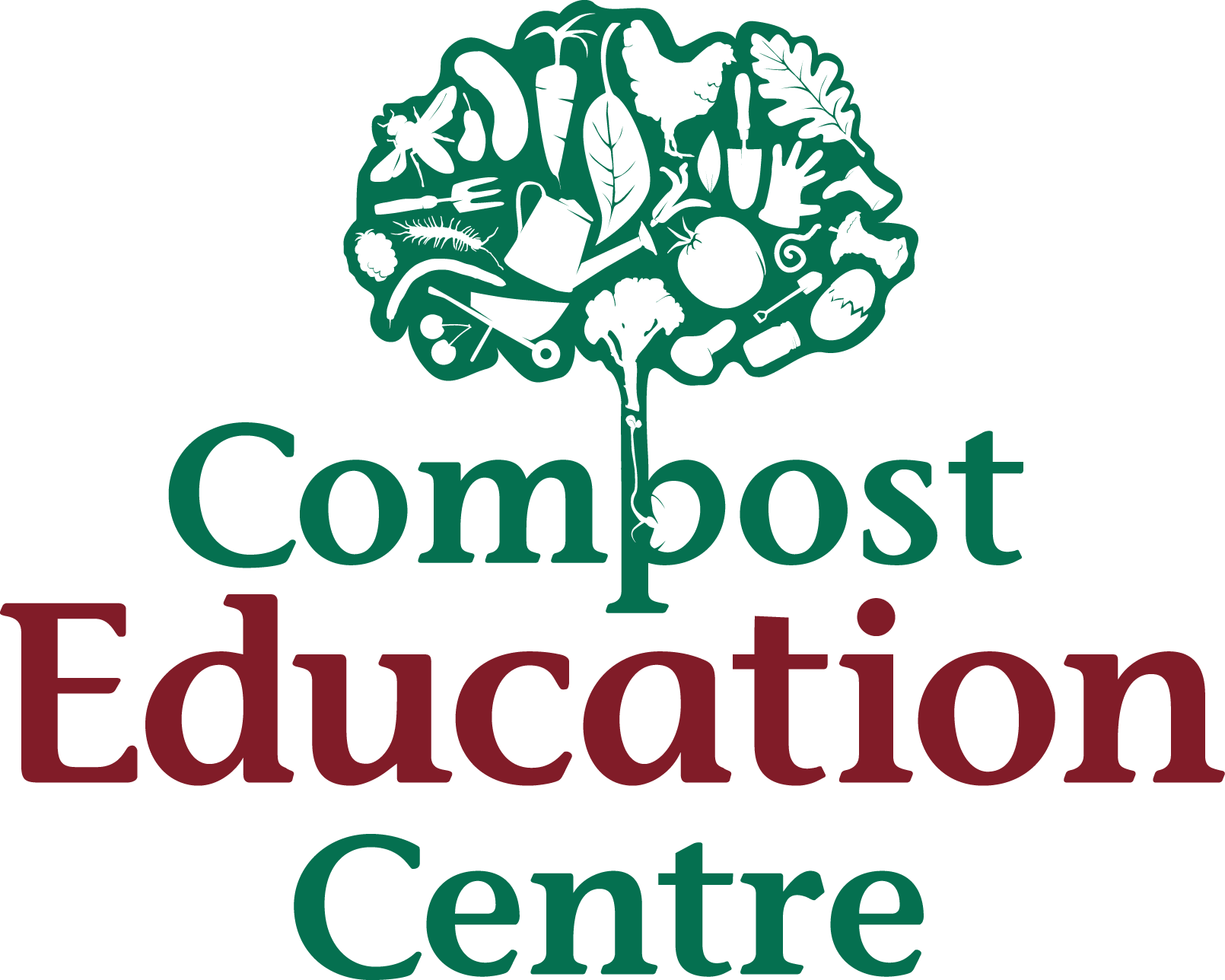
- This event has passed.
FREE In-person Workshop: Composting Basics
September 9, 2023 @ 10:00 am – 12:00 pm

What is the recipe for compost success and why does composting matter? This workshop will explore the answers to these questions, and will offer instructions on what it takes to produce an amendment for your garden that is rich in beneficial microorganisms and nutrients! We’ll cover the 6 factors for composting success, how to choose the best composting system for your needs and how to increase the rodent resistance of your compost pile.
Free attendance to this workshop is generously subsidized by the CRD.
__________________________________________________________________________________________
Please pre-register for this event.
You can also register for the event by calling our office at 250 386 9676 or via email by contacting office@compost.bc.ca.
VERY IMPORTANT: Please be in touch if you are no longer able to attend but hold a ticket so we can make your space available to someone else.
This workshop is happening in person only. Any health and safety protocols will be emailed to you 24 hours in advance. Please dress appropriately for all types of weather, the workshop may be outside or in our unheated strawbale building.
________________________________________________________________________________________
Accessibility info: The Compost Education Centre site has paths made of stone gravel (20%), and wood chips (80%). Mobility devices with wheels (such as wheelchairs, walkers etc.) are sometimes difficult to use on site, especially on the gravel paths. The strawbale learning classroom is accessed via a wooden ramp, and has a wide double door and a ramp leading up to it. Once inside everything is flat.
There is a single-stall gender neutral washroom on site. The washroom is not wheelchair accessible and has a small step up from the gravel pathway, and another small step up from the washroom boardwalk.
__________________________________________________________________________________________
The Compost Education Centre is located on unceded and occupied Indigenous territories, specifically the land of the Lekwungen speaking people—the Esquimalt and Songhees Nations. These nations are two of many, made up of individuals who have lived within the porous boundaries of what is considered Coast Salish, Nuu-Chah-Nulth and Kwakwa’wakw Territory (Vancouver Island) since time immemorial. At the CEC we seek to respect, honour and continually grow our own understandings of Indigenous rights and history, and to fulfill our responsibilities as settlers, who live and work directly with the land and its complex, vital ecologies and our diverse, evolving communities.
